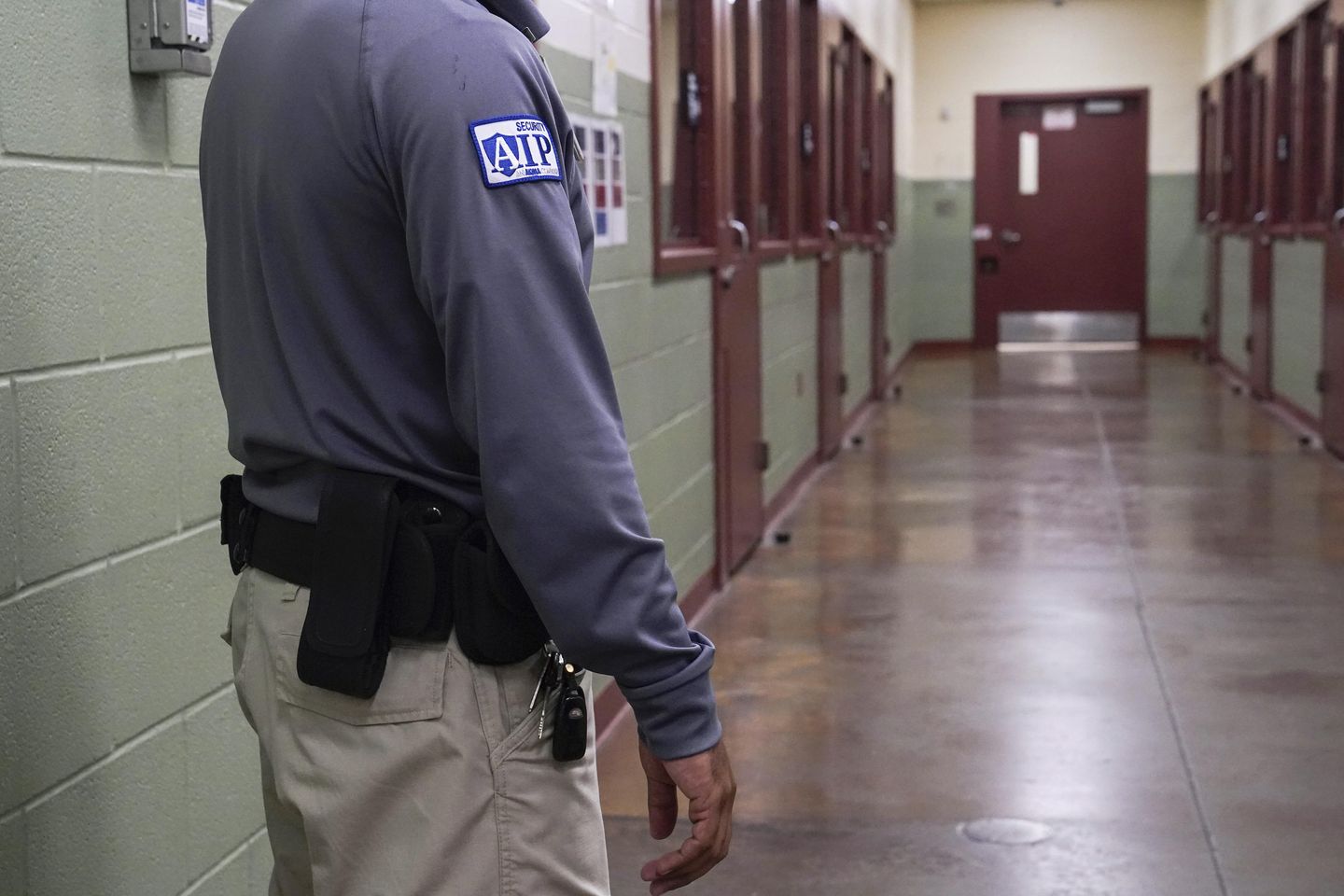
The federal district court in Maryland has announced a new policy that automatically blocks deportation for any illegal immigrant who files a “habeas” petition challenging their arrest and detention.
The court’s “standing order” blocks deportations for at least two business days, and it can be extended by the judge assigned to the case.
According to the policy, the judges want to make sure they have enough time to figure out if they have jurisdiction over a case, that the migrants aren’t booted out of the country before that, and that the Trump administration also has a chance to argue its position before a judge needs to rule.
“The government/respondents, including all those acting for them or on their behalf, are enjoined and restrained from removing petitioners in such cases from the continental United States or altering their legal status, provided that petitioner’s full name and A [number] have been provided to the court,” the order says.
The A-number is the official designation of a migrant’s immigration file.
Courts across the country are struggling with a massive onslaught of immigration cases as illegal immigrants rush to ask judges to step in and block their potential deportation by the Trump administration.
In some cases, that’s meant courts have issued restraining orders without the government even having a chance to make an argument.
But a blanket stay of deportation also carries its own risks, said Andrew “Art” Arthur, a former immigration judge and Capitol Hill staffer who worked on immigration laws.
“It encourages the filing of dilatory and potentially worthless, bogus habeas petitions, simply to avoid removal,” Mr. Arthur said.
Habeas petitions are narrow but powerful challenges to the government’s arrest and detention of someone.
The Supreme Court, in ruling on President Trump’s push to use the Alien Enemies Act to speed deportations of Venezuelan gang members, said they are entitled to a habeas hearing if they want to challenge their removal.
Courts have since stretched that ruling to other contexts, saying migrants who face being booted to so-called “third countries” other than their home country can also file habeas challenges.
Mr. Arthur said that turns immigration law on its head. He said Congress, in several laws, went to great lengths “to divest district courts of jurisdiction over immigration cases.”
The Washington Times has sought comment from the chief judge of the court and from the Justice Department for this story.
Josh Blackman, a professor at the South Texas College of Law, derided the new policy in a post at the law blog Volokh Conspiracy.
“Has anyone ever seen an order like this before?” he said. “This order is pretty clearly designed to thwart the Trump Administration’s immigration policies. I can’t imagine this order would remain in effect if a different president is in the White House.”












